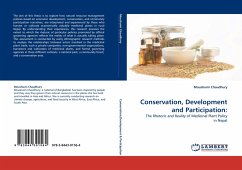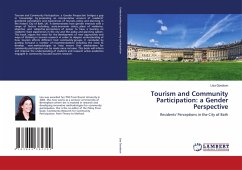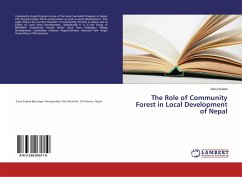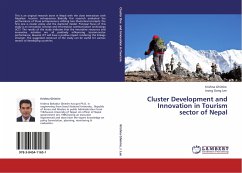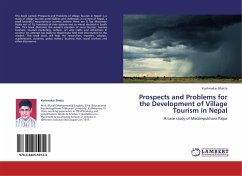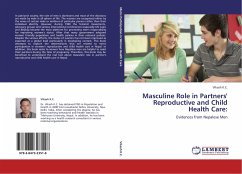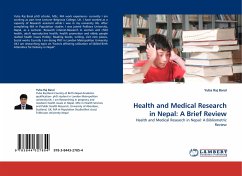The aim of this thesis is to explore how natural resource management policies based on economic development, conservation, and community participation narratives, are interpreted and experienced by those who harvest or cultivate economically valuable medicinal plants in rural Nepal. By understanding their experiences, this research assesses the extent to which the rhetoric of particular policies promoted by official governing agencies reflects the reality of what is actually taking place. This assessment is conducted by using ethnographic research methods to analyze the relationships between actors involved in the medicinal plant trade, such a private companies, non-governmental organizations, harvesters and cultivators of medicinal plants, and formal governing agencies in three different contexts: a national park, a community forest, and a conservation area.
Bitte wählen Sie Ihr Anliegen aus.
Rechnungen
Retourenschein anfordern
Bestellstatus
Storno

